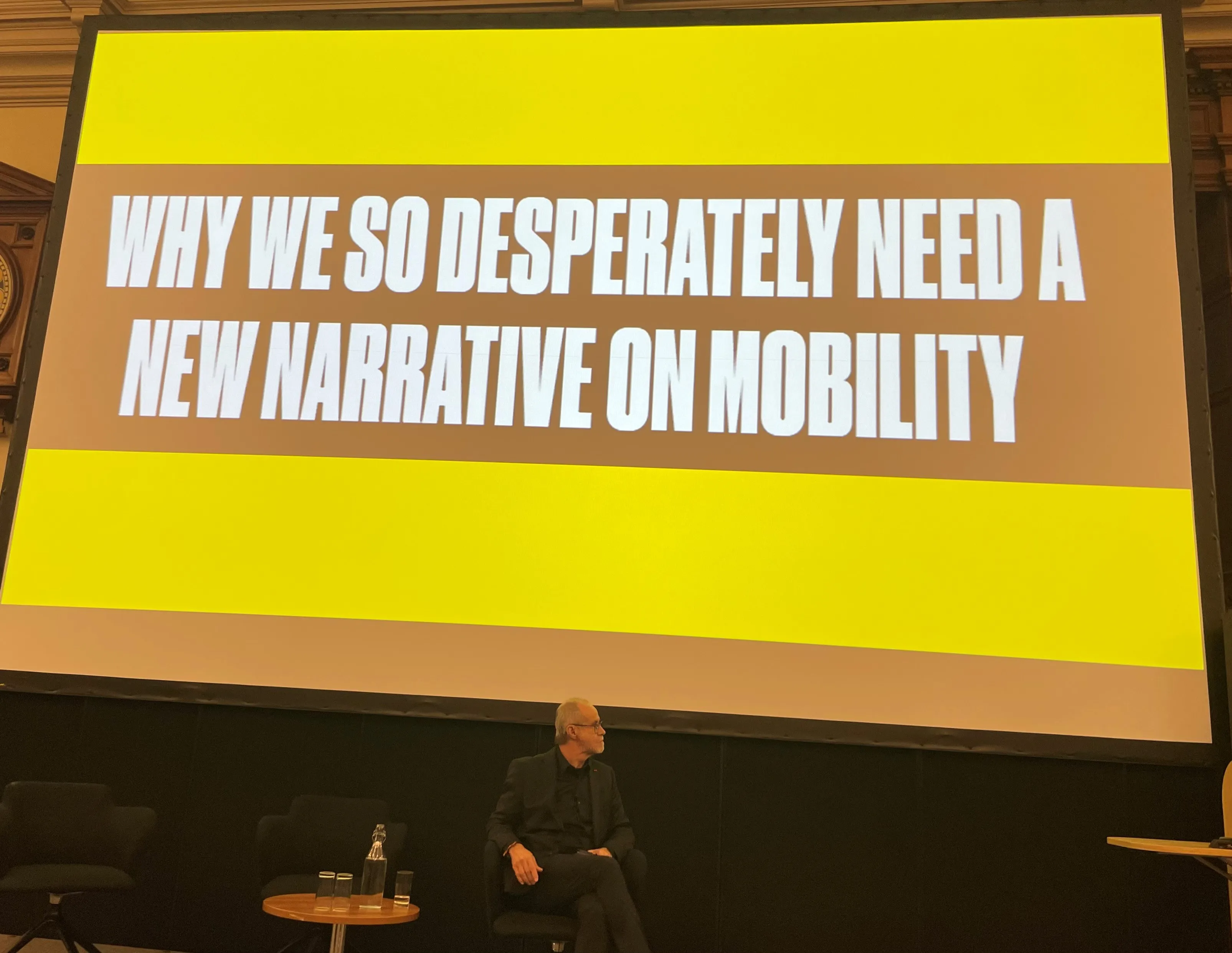Chitty Chitty Bang Bang is no longer just the stuff of children’s fiction, according to a Dutch company.
Although sceptics suggest that flying cars will remain fantasy for many years to come, PAL-V has revealed the Liberty Pioneer, which it says is the world's first production model.
At the Geneva International Motor Show, the company claimed that it is built for “those that want to be part of a unique group that writes history with us”.
That ‘unique group’ will almost certainly need deep pockets: just 90 of the limited edition Liberty Pioneer model will be made and the price of the vehicle has not been released. "Although more and more flying concepts are announced, only a handful of companies work on a real flying car: one that can both fly and drive, ideal for city-to-city mobility,” says Mike Stekelenburg, chief engineer at PAL-V.
“The combination offers unprecedented freedom: personal door-to-door flying mobility. The gyroplane principle not only provides us with a safe and easy-to-operate flying car but it also enables us to make it compact and within existing regulations, which is the most important factor to build a useable flying car,” he adds.
The vehicle has a dual control cockpit and electronic flight instrument system.
PAL-V unveils ‘world’s first production model flying car’
Chitty Chitty Bang Bang is no longer just the stuff of children’s fiction, according to a Dutch company.
Although sceptics suggest that flying cars will remain fantasy for many years to come, PAL-V has revealed the Liberty Pioneer, which it says is the world's first production model.
At the Geneva International Motor Show, the company claimed that it is built for “those that want to be part of a unique group that writes history with us”.
That ‘unique group’ will almost certainly need deep pockets: just
March 7, 2019
Read time: 2 mins









